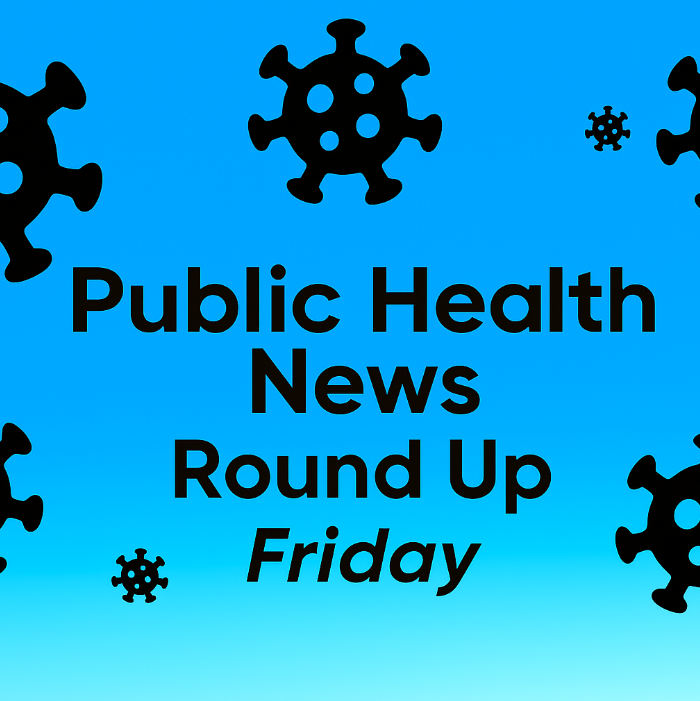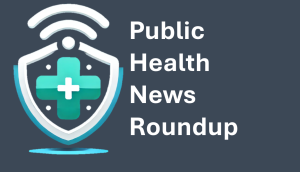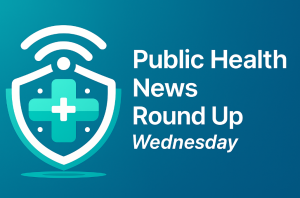
Next Week in Public Health, August 8, 2025
A couple of not-so-great breaking developments this week. First, a lot of new constraints around grantmaking. To be fair, I can get behind some of them (I’ve always thought some organizations’ indirects are bonkers), but others not so hot. You can read about it here.
We also have the RFK Jr. news about cancelling mRNA vaccine development, so you can read about that here.
And here’s the science we have been tracking.

And some news trends.

US childhood vaccination rates fall again as exemptions set another record
U.S. kindergarten vaccination rates have continued to decline, with the exemption rate rising to a record 3.6%, largely due to nonmedical reasons. This decline in vaccination, particularly for the measles-mumps-rubella vaccine—which dropped to 92.5% coverage—heightens the risk of disease outbreaks, as illustrated by the resurgence of measles in the U.S. Public health officials emphasize the critical need to reverse this trend to maintain herd immunity and protect communities from preventable diseases. Happy back to school!
‘These decisions were completely reckless’: Funding cuts to mRNA vaccines will make America more vulnerable to pandemics
The U.S. federal government has significantly reduced its investment in mRNA vaccines, halting nearly $500 million in projects and asserting a shift towards “safer, broader vaccine platforms.” This decision, driven by skepticism from the Health and Human Services secretary Robert F. Kennedy Jr., poses potential setbacks for vaccine development and pandemic preparedness, sparking concern in the mRNA industry about the future of mRNA technologies beyond infectious diseases, including their application in cancer and genetic disorder treatments. The move could lead to a decline in U.S. leadership and innovation in biomedical research and prompt companies and scientists to seek opportunities abroad.
RFK Jr. Justifies Cuts to mRNA Vaccine Projects With Falsehoods
Health and Human Services Secretary Robert F. Kennedy Jr. announced the termination of $500 million in funding for mRNA vaccine projects, falsely claiming the vaccines “fail to protect effectively” and are unsafe, despite extensive scientific evidence demonstrating their effectiveness and safety in combating COVID-19. This decision, criticized by health experts as “misguided,” could hinder the U.S.’ ability to rapidly develop vaccines against future pandemics, given the ease with which mRNA vaccines can be updated to address new virus variants. Experts warn that this move may stifle scientific progress and push innovators abroad, compromising the nation’s preparedness for public health emergencies.
Burr faces challenges lobbying Trump’s FDA to rein in Chinese vapes
Following the expiration of a mandatory waiting period, former U.S. Senator Richard Burr has transitioned into a lobbying role with DLA Piper, focusing on federal research funding and nicotine regulation. Burr is notably involved in guiding the Coalition for Smarter Regulation of Nicotine to advocate for stricter FDA enforcement against unregulated Chinese vaping products, highlighting a major public health and trade concern. This shift underscores the ongoing debates about nicotine regulation and the influence of former lawmakers-turned-lobbyists on public policy.



